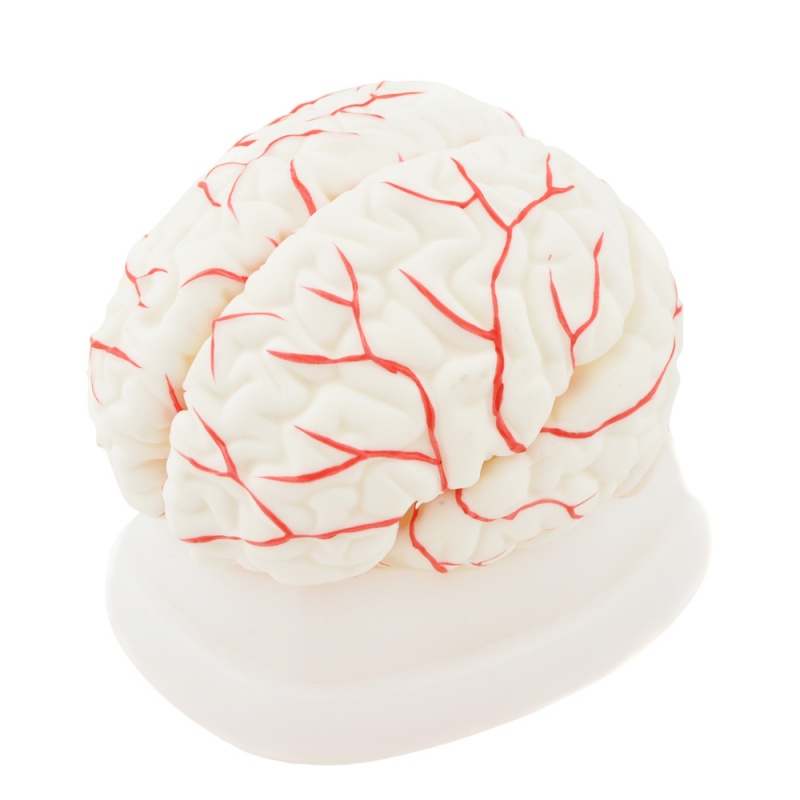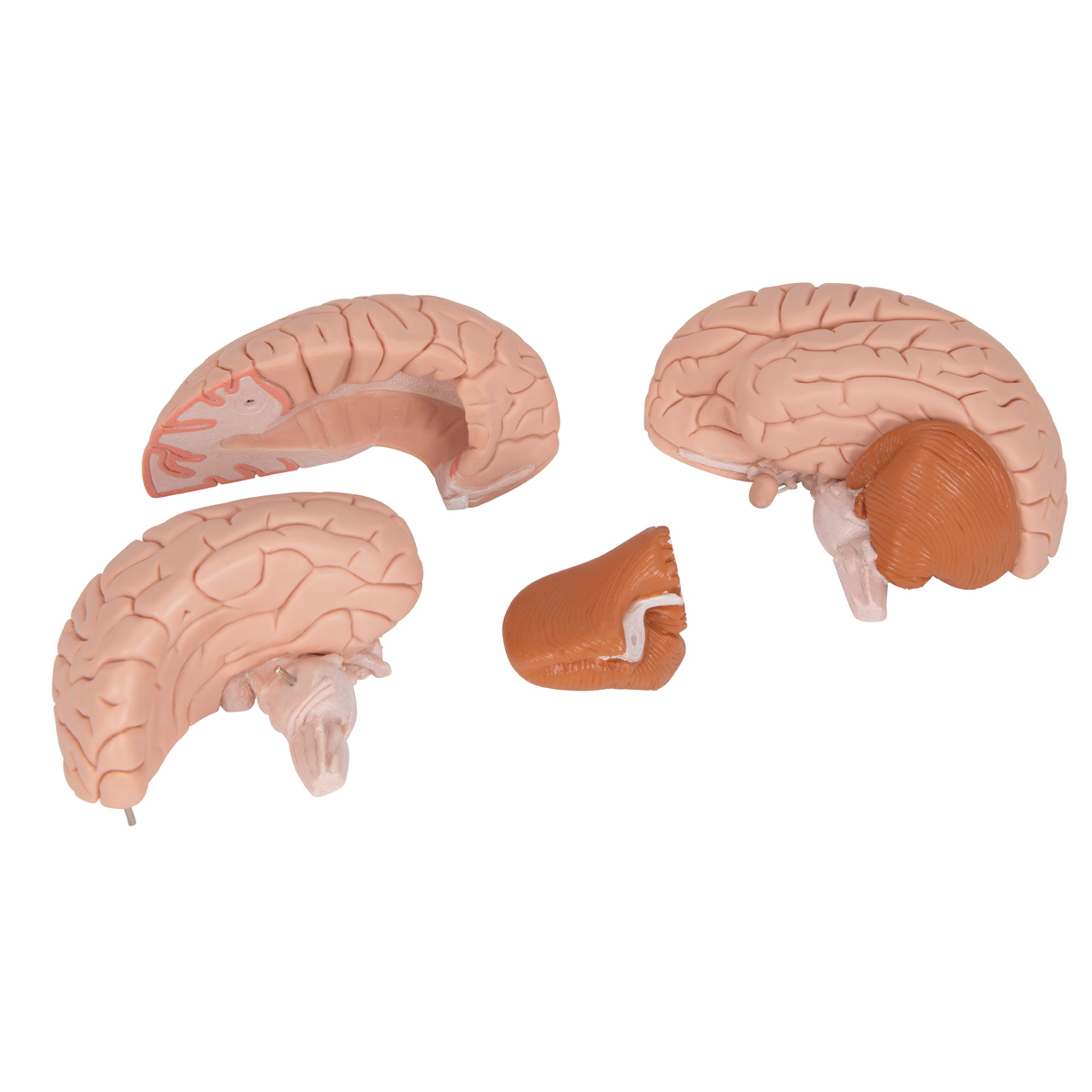Understanding Brain Fog and Cancer Symptoms
Brain fog is a common term used to describe cognitive dysfunction. This condition often manifests as confusion, forgetfulness, and lack of focus. Various factors can contribute to brain fog, including stress, fatigue, and certain medical conditions. Among these conditions, cancer is particularly noteworthy. Cancer and its associated treatments can significantly impact cognitive function. This blog explores the relationship between brain fog and cancer symptoms. It will discuss potential causes, effects on daily life, and ways to cope effectively.
What is Brain Fog?
Brain fog encompasses various cognitive difficulties. Individuals often experience feelings of mental fatigue, confusion, and difficulty concentrating. These symptoms can disrupt daily activities and hinder performance at work or school. Brain fog can also affect memory retention, making it hard to recall information. Consequently, many individuals find it frustrating and debilitating.
Reflecting on the medical community, brain fog is not classified as a separate medical condition. Instead, it is a symptom associated with various underlying issues. Factors contributing to brain fog can vary widely among individuals. Common causes include stress, poor sleep, dehydration, and nutrient deficiencies.
In the context of cancer, brain fog can arise as a result of the disease itself or its treatment. Certain types of cancer can exert pressure on the brain. This pressure can lead to increased headaches and cognitive changes. Conversely, treatments such as chemotherapy and radiation therapy can also provoke cognitive side effects. Patients frequently report changes in memory, attention, and processing speed during and after treatment.
Understanding what brain fog entails is crucial for recognizing its impact on cancer patients. Awareness of symptoms can lead to earlier interventions and support. Moreover, identifying brain fog as a potential symptom enhances communication between patients and healthcare providers. This communication is essential for developing effective coping strategies and treatments.

How Cancer Contributes to Brain Fog
Cancer can impact brain function in several ways. Firstly, certain types of tumors can physically affect the brain’s structure. They may exert pressure on adjacent brain systems, leading to cognitive challenges. For instance, brain tumors can disrupt communication between neurons. When this communication is impaired, symptoms of brain fog often arise.
Moreover, cancer treatments can also contribute significantly to the experience of brain fog. Chemotherapy, for example, is known to cause fatigue and affect cognitive function. Many patients undergoing chemotherapy report difficulties with memory and concentration. This phenomenon has been colloquially termed “chemo brain.”
Radiation therapy, especially to the head and neck, carries similar risks. Patients may experience cognitive decline, including difficulties in focusing and problem-solving. These effects can persist even after completing treatment.
In addition to direct impacts on cognitive function, cancer can lead to emotional distress. Patients may experience anxiety or depression due to their diagnosis and treatment. These emotional factors can exacerbate brain fog, making it even more challenging to focus. Post-treatment, lingering symptoms may persist, affecting daily life.
Recognizing how cancer contributes to brain fog can help guide complementary therapies. Effective treatment of cognitive symptoms will often involve a multi-modal approach. This may include cognitive exercises, stress management techniques, and nutritional support.
The Role of Stress and Fatigue
Stress and fatigue play significant roles in enhancing brain fog symptoms. Individuals facing cancer often experience heightened stress levels. The emotional toll of diagnosis, treatment, and uncertainty can be overwhelming. Chronic stress affects the brain’s ability to function optimally, leading to cognitive dysfunction.
Additionally, fatigue can amplify feelings of brain fog. Cancer patients frequently report extreme tiredness that persists despite adequate rest. This fatigue can stem from the disease itself or treatments such as chemotherapy. As fatigue circulates, it often impairs concentration and reduces mental clarity.
Furthermore, the interplay between stress and fatigue can create a cycle. Increased stress can lead to heightened fatigue, while physical exhaustion can exacerbate stress levels. This cycle further complicates the management of brain fog symptoms.
Given these factors, implementing stress reduction techniques becomes essential. Mindfulness practices, such as meditation or deep breathing exercises, can significantly alleviate stress. Regular physical activity may help reduce fatigue while enhancing overall well-being.
Prioritizing rest and recovery can help restore cognitive function. Patients should be encouraged to develop sleep hygiene habits. Establishing a consistent sleep schedule and creating a calming bedtime routine can foster better sleep quality.
Collectively, addressing both stress and fatigue is crucial for managing brain fog. These factors interplay intricately, influencing cognitive symptoms across the cancer journey. Therefore, recognizing and addressing these issues can contribute to improved quality of life for patients.

Treatment Options for Brain Fog in Cancer Patients
Managing brain fog among cancer patients requires a comprehensive approach. Effective treatment options may involve addressing underlying medical issues. Healthcare professionals may recommend cognitive assessments to gauge the extent of the cognitive decline.
Interventions can also encompass lifestyle modifications. Engaging in physical activity is a well-documented approach for improving cognitive function. Regular exercise can enhance blood flow to the brain, boosting cognitive clarity.
Nutritional support plays a key role in managing brain fog symptoms. A balanced diet rich in essential nutrients can help support brain health. Foods containing omega-3 fatty acids, antioxidants, and vitamins B, C, and D can provide cognitive benefits.
Some patients may benefit from cognitive rehabilitation therapies. These therapies focus on improving specific cognitive skills, such as memory and attention. They may involve exercises and strategies designed to help patients adapt to their cognitive challenges.
Consulting a mental health professional is also valuable. Therapy can help patients cope with the emotional aspects of their diagnosis. Furthermore, support systems can alleviate feelings of isolation and depression.
Lastly, communication with healthcare providers is essential. Regularly discussing cognitive symptoms can ensure timely interventions. Such open conversations can help tailor individualized management strategies for patients experiencing brain fog.
Coping Strategies for Brain Fog
Implementing effective coping strategies can help ease brain fog symptoms for cancer patients. One helpful approach is to maintain a structured daily routine. Predictability can enhance feelings of control and reduce stress. Scheduling specific times for activities can also facilitate cognitive organization.
Brain fog cancer symptoms: Utilizing memory aids may also significantly improve daily functioning. Patients can benefit from calendars, planners, and reminders on mobile devices. These tools provide crucial support for memory-related struggles, keeping individuals on task.
Breaking tasks into smaller, manageable segments can alleviate feelings of overwhelm. For example, splitting a large project into smaller steps allows individuals to focus on one task at a time. This strategy promotes a sense of accomplishment with each completed step.
Engaging in mindfulness practices can foster greater mental clarity. Techniques such as meditation or yoga encourage relaxation, reducing stress. Mindfulness allows individuals to refocus their thoughts, improving overall cognitive performance.
Additionally, seeking social connections can combat feelings of isolation. Engaging with friends or family can provide emotional support and encouragement. Connecting with support groups specifically for cancer patients can facilitate shared experiences, helping individuals navigate their journey together.
Implementing these coping strategies can lead to enhanced cognitive function and quality of life. The journey through cancer treatment can be fraught with mental challenges, but adopting these techniques allows patients to regain some control.
The Importance of Open Communication
Brain fog cancer symptoms: Open communication between patients and healthcare providers is crucial when dealing with brain fog. Many patients feel hesitant to discuss their cognitive symptoms. They may misunderstand the importance of these issues in their cancer journey. However, addressing brain fog is essential for overall care.
Healthcare professionals need to foster a supportive environment for discussing cognitive concerns. This atmosphere encourages patients to share their experiences and symptoms freely. Establishing trust and rapport between patients and providers creates opportunities for effective interventions.
Regular check-ins can help track cognitive changes over time. Healthcare providers can schedule periodic assessments to gauge cognitive function and progress. This systematic approach allows for tailored interventions based on individual needs.
Educating patients about potential cognitive side effects of treatments can also be beneficial. Patients need to understand that experiencing brain fog does not signify weakness. By raising awareness, patients may feel more empowered to seek help.
Encouraging family members to participate in discussions can enhance understanding and support. Families can learn how to provide effective assistance while addressing brain fog symptoms. By sharing experiences, patients and families can develop coping strategies together.
Ultimately, prioritizing open communication fosters a holistic approach to cancer care. Recognizing the impact of brain fog on quality of life ensures patients receive the support they need. This focus on communication enhances the overall experience for cancer patients and their families.

Seeking Support from Healthcare Professionals
Navigating the challenges associated with brain fog often requires professional support. Healthcare providers play a vital role in diagnosing and managing cognitive symptoms. Patients should feel comfortable discussing their concerns with their oncologists or primary care providers.
Additionally, specialized professionals like neuropsychologists can provide valuable insights. These experts can conduct in-depth assessments to determine the extent of cognitive impairment. They may recommend specific strategies and therapies tailored to each patient’s needs.
Occupational therapists are also beneficial in addressing cognitive challenges. These professionals can assist patients in developing coping mechanisms for daily activities. They help train individuals to manage tasks more effectively, enhancing overall independence.
Moreover, nutritionists can cater to the dietary needs of individuals experiencing brain fog. Proper nutrition can help alleviate some cognitive symptoms. Nutritional professionals can guide patients on how to incorporate brain-boosting foods into their diets.
Support groups can offer emotional assistance as patients navigate their journeys. Sharing experiences with others who face similar challenges can foster understanding and solidarity. Participants can learn from one another, discovering coping strategies that worked for others.
Ultimately, seeking support from healthcare professionals can pave the way for improved quality of life. A multi-disciplinary approach caters to individual needs, effectively addressing the complexities of brain fog. Collaborative support enhances both emotional and cognitive well-being.
In conclusion, brain fog is a significant symptom for many cancer patients. Understanding the underlying factors contributing to cognitive dysfunction is crucial. Brain fog cancer symptoms: A comprehensive approach that addresses stress, fatigue, and treatment-related effects can help manage brain fog.
Coping strategies, open communication with healthcare providers, and seeking professional support are essential components. Each of these elements paves the way for enhanced quality of life. Simultaneously, raising awareness about brain fog encourages patients to articulate their experiences.
Patients should never feel discouraged by cognitive challenges associated with cancer. By recognizing the commonality of brain fog, individuals can seek support and develop adaptive strategies. This journey, while challenging, can also inspire resilience and determination.
Ultimately, enhancing awareness of brain fog in the context of cancer can contribute to better care. Providing resources and support helps individuals navigate their experiences more effectively. As this understanding deepens, the cancer care community can foster a culture of empathy, support, and growth.
